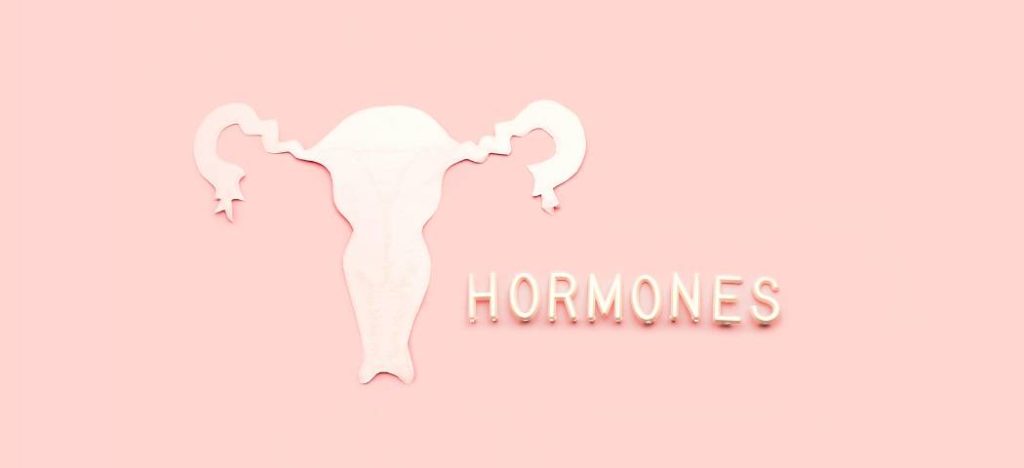
Hormones act as our “behind-the-scenes” crew inside our bodies that control everything, including energy levels and emotions. But, if they start acting up, they can throw everything off balance, including our weight and overall health.
At Marie France, we know how important it is to spot the signs of hormonal imbalance effects early on. Here’s 10 things to know if your hormones might be out of whack and what you can do about it.
- Unexplained Weight Gain
Notice sudden or unexplained weight gain around your belly, hips, and thighs? These can be signs of hormonal imbalance. Hormones such as insulin, cortisol, and estrogen play key roles in regulating metabolism and fat storage. Imbalances in these hormones can lead to increased fat accumulation. - Persistent Fatigue
Feeling tired or exhausted despite getting enough sleep could indicate a hormonal imbalance, particularly if accompanied by other symptoms such as mood swings or irritability. Hormonal fluctuations, such as those seen in thyroid disorders or adrenal fatigue, can disrupt energy levels and leave you feeling drained. - Mood Swings and Irritability
Hormonal imbalances, particularly in estrogen, progesterone, or cortisol levels, can contribute to mood swings, irritability, and emotional instability. Fluctuations in these hormones can send signals in the brain leading to changes in mood and behavior. - Irregular Menstrual Cycles
Women may experience irregular menstrual cycles, including missed periods, heavy bleeding, or shorter or longer cycles, due to hormonal imbalances such as estrogen dominance or polycystic ovary syndrome (PCOS). - Hair Loss or Thinning
Fluctuations in thyroid hormones or androgens (male hormones), can contribute to hair loss or thinning in both men and women. Pay attention to changes in your hair texture, thickness, or shedding patterns. - Acne Breakouts
Particularly in the androgen levels, hormonal imbalance can stimulate excess sebum production in the skin, leading to acne breakouts, particularly along the jawline, chin, and upper back. - Digestive Issues
Fluctuations in cortisol levels or thyroid function, can affect digestive health and contribute to symptoms such as bloating, gas, constipation, or diarrhea. Check for changes in your digestive habits, as they may signal hormonal disruption. - Sleep Disturbances
Hormonal imbalances, particularly in cortisol, melatonin, or sex hormones, can disrupt sleep patterns and lead to insomnia, difficulty falling asleep, or waking up frequently during the night. Poor sleep quality can further worsen hormonal imbalances and impact overall health. - Low Libido
Fluctuations in sex hormones such as estrogen, testosterone, or progesterone can affect libido and sexual desire in both men and women. Hormonal imbalances, stress, fatigue, or underlying health conditions may contribute to decreased libido and sexual dysfunction. - Brain Fog and Cognitive Decline
Hormonal imbalances in thyroid hormones or cortisol levels can impair cognitive function and lead to symptoms such as brain fog, forgetfulness, difficulty concentrating, or mental fatigue. Look for changes in your mental clarity and cognitive performance, as they may indicate underlying hormonal issues.
At Marie France, we’re here to support you on your journey to achieving better health with personalized weight loss programs designed to address hormonal imbalances and promote sustainable weight loss. Book a consultation today!








